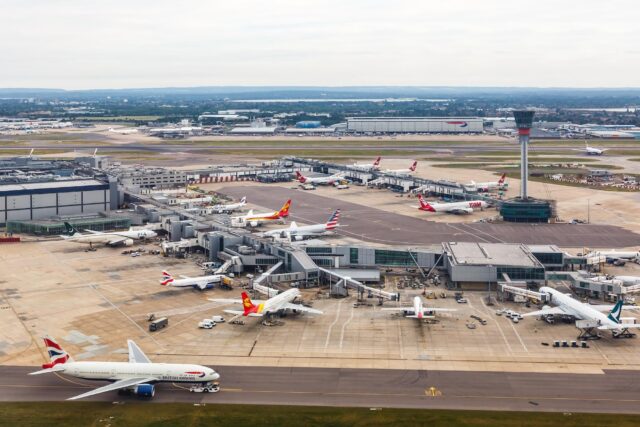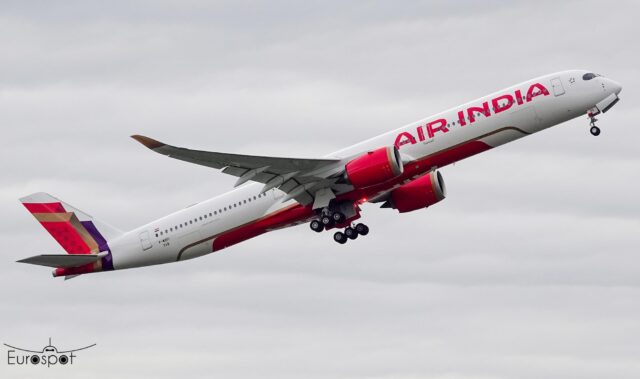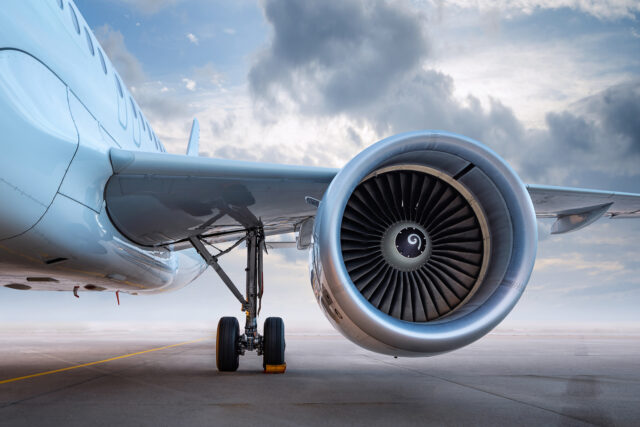Security and boarding considered frequent pain points for passengers, says IATA

November 1, 2024

While more than 80% of passengers are “satisfied” with their overall travel experience, this satisfaction dips in airport-based experiences, notably security and boarding according to the International Air Transport Association (IATA).
The airline industry trade body released its 2024 Global Passenger Survey results on Wednesday 30 October, providing a detailed look into passenger satisfaction across multiple travel touchpoints. The survey highlighted areas for improvement and regional preferences. Key findings show that 82% of customers feel “satisfied” or “very satisfied” with their overall travel experience, according to Nick Careen, IATA SVP operations, safety and security.
He also noted that satisfaction was found to be notably higher in the early stages of travel planning, such as booking and check-in, but unsurprisingly dips in airport-based experiences, especially security and boarding where queues are likely.
Areas for improvement
Passengers highlighted five main areas that need attention: security, border control, baggage handling, boarding, and transfer processes. Long wait times and inefficiencies in security and border control are frequent pain points, which aligns with broader calls for the wider adoption of technology to streamline operations. For example, over half of surveyed passengers have used biometric technology for identification at various points, from check-in to customs, and they generally support expanding its use. However, there is concern over data privacy, with passengers wanting assurance over how their personal data is managed and shared.
Influencers of travel decisions
Interestingly, the location of the airport and the total travel time were more influential than ticket price in shaping travel choices, revealed Muhammad Albakri, IATA SVP financial settlement and distribution. This, he pointed out “reflects passengers’ desire to minimise travel-related stress and save time.” Online booking remains the dominant method, as passengers find it the most convenient. Credit cards are still the primary payment method, although digital wallets are gaining popularity, especially among younger travellers (aged 25 years and under) who value the seamless, secure experience they offer. This shift underscores a demand for airlines to support digital payment methods more broadly, as inadequate payment options can lead to customer frustration and potentially revenue loss for carriers and their partners.
Regional preferences
The survey also reveals significant regional variations. In Europe, passengers show a strong preference for booking through airline websites and display caution regarding data-sharing for digital solutions. North American travellers prefer using loyalty points alongside debit and credit payments, influenced by the widespread loyalty programs in the region. Latin American and Caribbean passengers prioritise flexible payment options, while Asia-Pacific travellers lead in adopting digital and biometric tools but face challenges due to complex visa processes. In Africa, there’s a growing interest in digital solutions, though human interaction remains highly valued. Passengers in the Middle East, which is known for its high-tech airports, favour digital wallets and a seamless biometric experience.
Passenger expectations and innovations
Passengers with hand baggage expressed an expectation to get from check-in to the gate in 30 minutes or less and under 45 minutes if they have checked baggage. Meanwhile, passengers with reduced mobility and other additional needs expect to complete the process in less than an hour. Given this, IATA is advocating for digital and biometric innovations to accelerate processes, especially in high-frustration areas like security and boarding. The survey also highlights a growing interest in digital wallets as comprehensive travel companions. Passengers, especially younger ones, increasingly prefer digital wallets that can store ID, health data, loyalty information, and payment methods, streamlining travel and reducing the need for multiple credentials.
Digital wallets
Youn Kim, Manager Customer Experience, IATA revealed that IATA had conducted a proof of concept earlier this year to demonstrate a fully digital travel experience using digital identity credentials, showing promising results for seamless travel through a “one identity” concept. Passengers could use a single digital credential for various airport services without repeated biometric enrolment. This initiative, which involved collaborations with airlines, airports, and technology partners, underscores the potential for an interoperable, hassle-free global travel system. However, Kim underlined that government support is essential for standardising these solutions and addressing regulatory challenges that may hinder their widespread adoption.
















